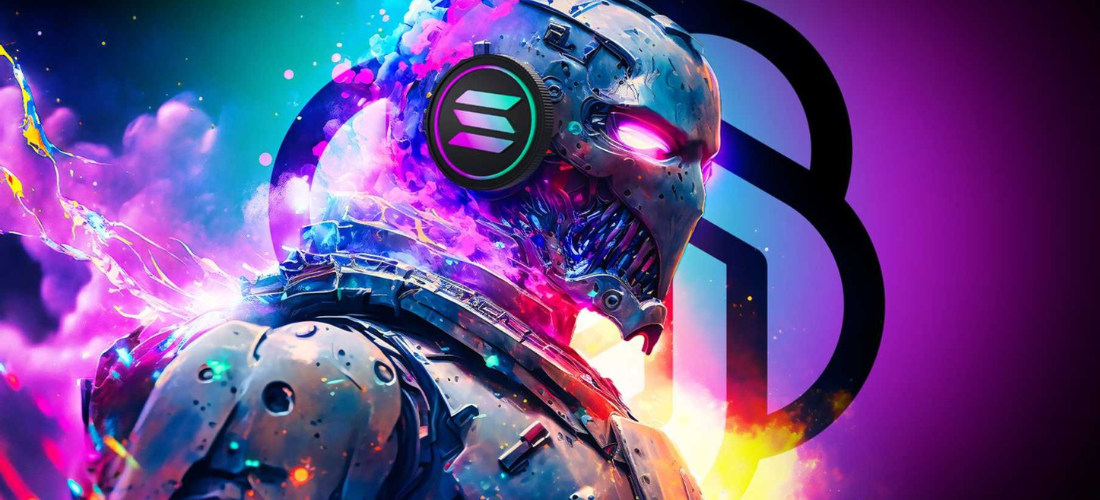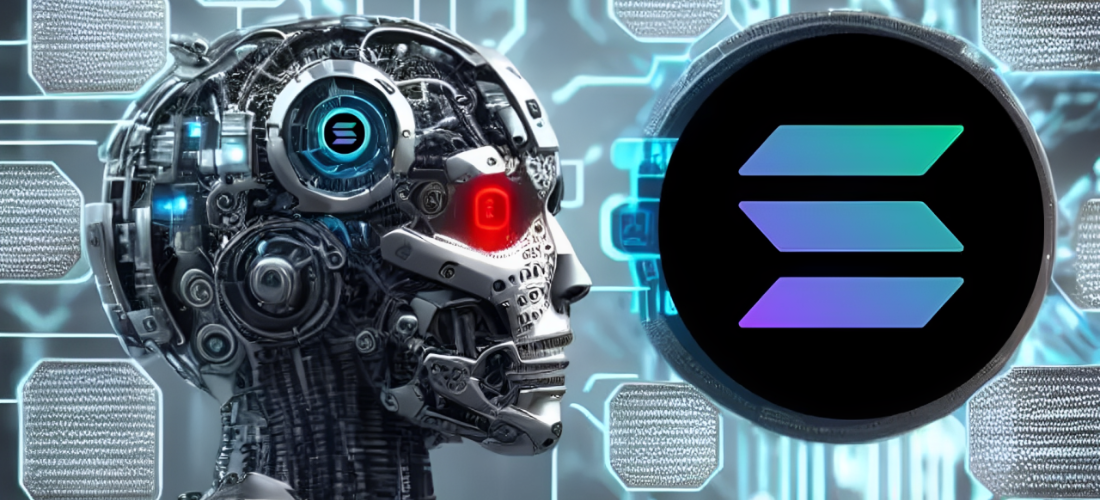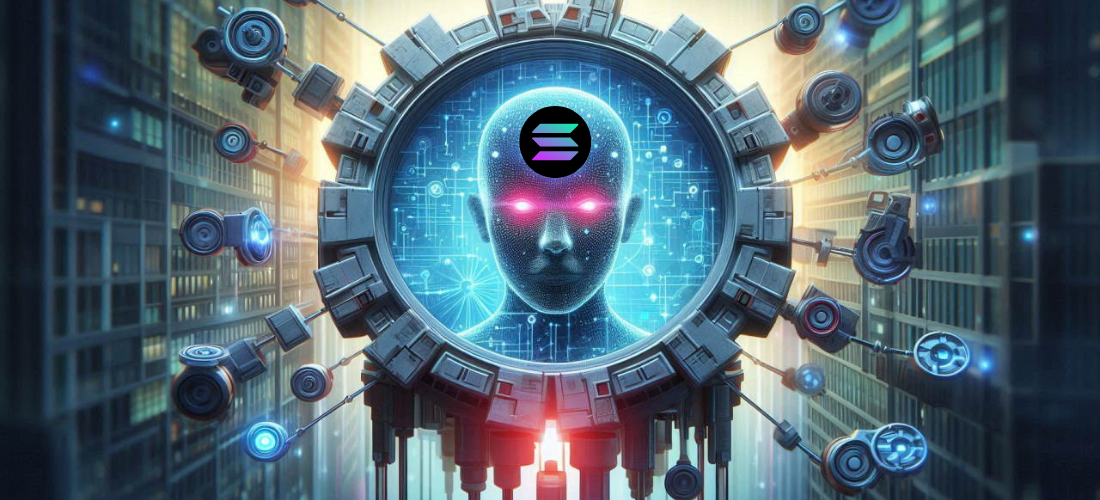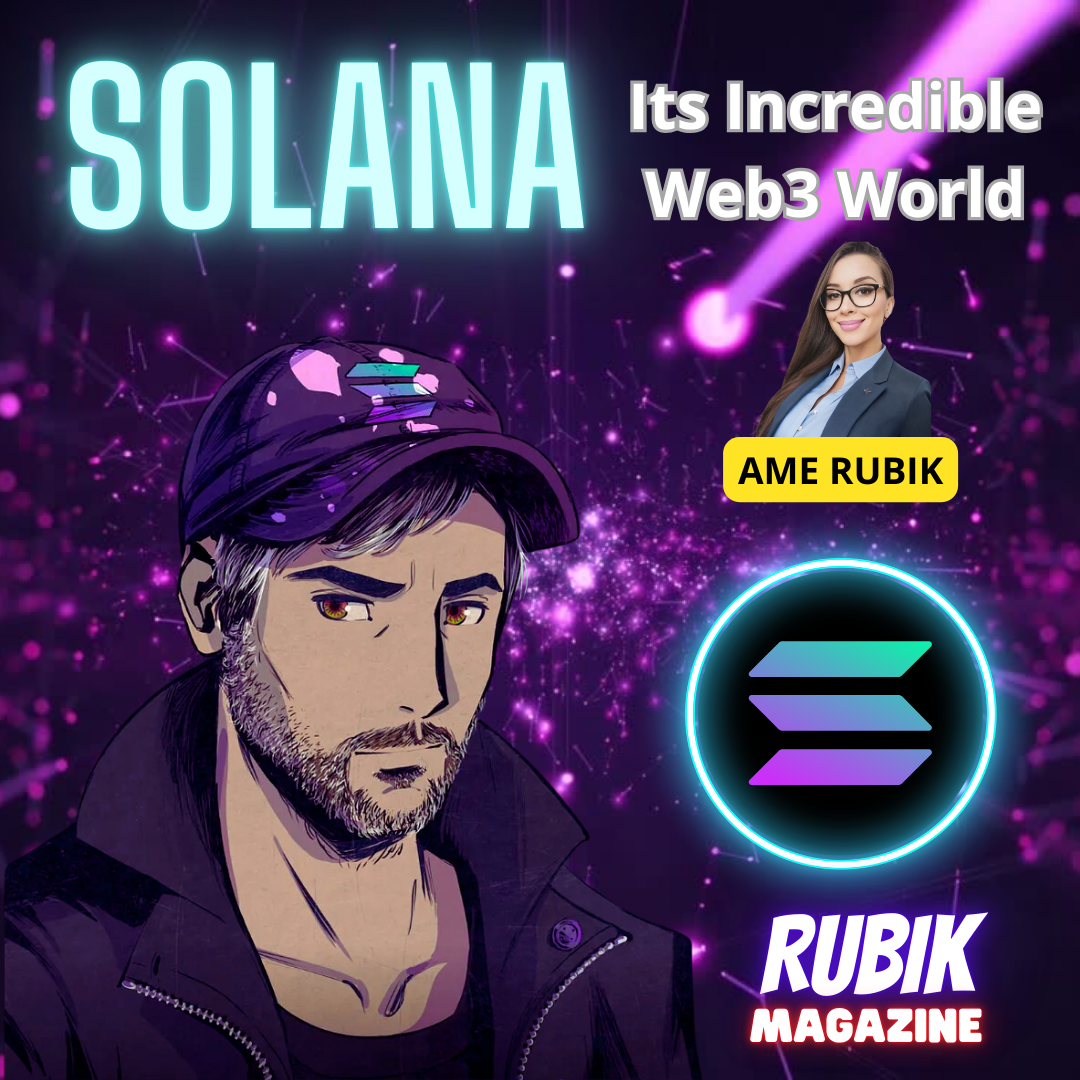
What is Solana?
Solana is a high-performance blockchain designed to scale without sacrificing decentralization, a challenge that has historically plagued the blockchain world. Founded in 2017 by Anatoly Yakovenko, a former Qualcomm engineer, Solana aims to provide a decentralized infrastructure for Web3 applications, boasting significantly faster transaction speeds and extremely low gas fees compared to other blockchains like Ethereum.

The Technology Behind: Proof of History (PoH) and Proof of Stake (PoS)
One of Solana’s most revolutionary features is its use of a unique technology called **Proof of History (PoH)**, which allows the network to maintain high performance levels. While many blockchains rely on Proof of Stake (PoS) or Proof of Work (PoW) consensus mechanisms, Solana incorporates PoH as a "cryptographic clock," reducing processing time during transaction validation.
This, combined with PoS for security and decentralization, allows Solana to process thousands of transactions per second (TPS), compared to the limited TPS provided by blockchains like Bitcoin and Ethereum. Simply put, PoH allows each node to maintain its own “timestamp” rather than depending on a shared synchronization system, thus increasing efficiency and lowering costs.

Solana’s Ecosystem: DeFi, NFTs, and Blockchain Gaming
Solana is a versatile platform that attracts various types of Web3 applications:
- DeFi (Decentralized Finance): Decentralized finance projects on Solana have experienced impressive growth. Protocols like Serum, Raydium, and Mango Markets have leveraged Solana’s scalability to offer fast and cost-effective DeFi experiences, democratizing access to financial services without intermediaries.
- NFTs (Non-Fungible Tokens): Solana has also become an attractive space for NFT creators, thanks to its low fees and high speed. Projects like Solanart and Metaplex have enabled artists and collectors to interact in a vibrant market without Ethereum’s high gas fees.
- Blockchain Gaming: With speeds that support real-time experiences, Solana has captured the interest of blockchain game developers, with games like Star Atlas and Aurory promising to change how we experience digital entertainment.

Solana’s Advantages for Developers and Businesses
For developers, Solana offers several key advantages. Its ability to handle high transaction volumes makes it an ideal platform for building intensive-use applications, such as NFT marketplaces and decentralized exchanges. Additionally, Solana’s community provides ample resources, like the **Solana Devnet**, which allows developers to test their applications in an environment similar to the mainnet at no cost.
For businesses looking to enter the Web3 world, Solana presents a unique opportunity. The combination of low costs and speed allows for greater competitiveness compared to blockchains like Ethereum, which still struggle with scalability issues and high fees.

Community and Open Development
Solana’s community is one of its greatest strengths. Since its launch, it has built a network of collaborators, developers, and companies who not only adopt the platform but actively promote it. Events like **Breakpoint**, Solana’s annual conference, provide a space where developers and innovators can showcase their projects and collaborate in an environment that fosters innovation and creativity in the blockchain space.
Moreover, the Solana Foundation funds numerous projects and grants to support app creation on its platform. This culture of support has created an environment where innovative ideas and tech startups can thrive.

Challenges and the Future of Solana
Like any emerging technology, Solana has faced challenges on its path to success. Despite its impressive features, the network has experienced temporary outages that have raised concerns within the community. However, the team behind Solana has worked diligently to improve the network’s stability and security, demonstrating their commitment to technological excellence.
With a promise of continued evolution, Solana’s ambitious roadmap includes expanding its capabilities to support even more transactions, along with a growing list of innovative applications and projects.

Solana and Web3: A New Frontier
Solana’s philosophy aligns with the spirit of Web3: an open, accessible, and decentralized network. Solana is not only building an infrastructure for decentralized applications but also enabling anyone to participate in the global digital economy, breaking down barriers that previously limited access and opportunity.
For those new to the blockchain world or seasoned programming veterans, Solana offers a vibrant ecosystem and a reliable infrastructure. Here at Rubik Tech Magazine, we’ll continue to follow Solana’s development and its contribution to the incredible Web3 world.


